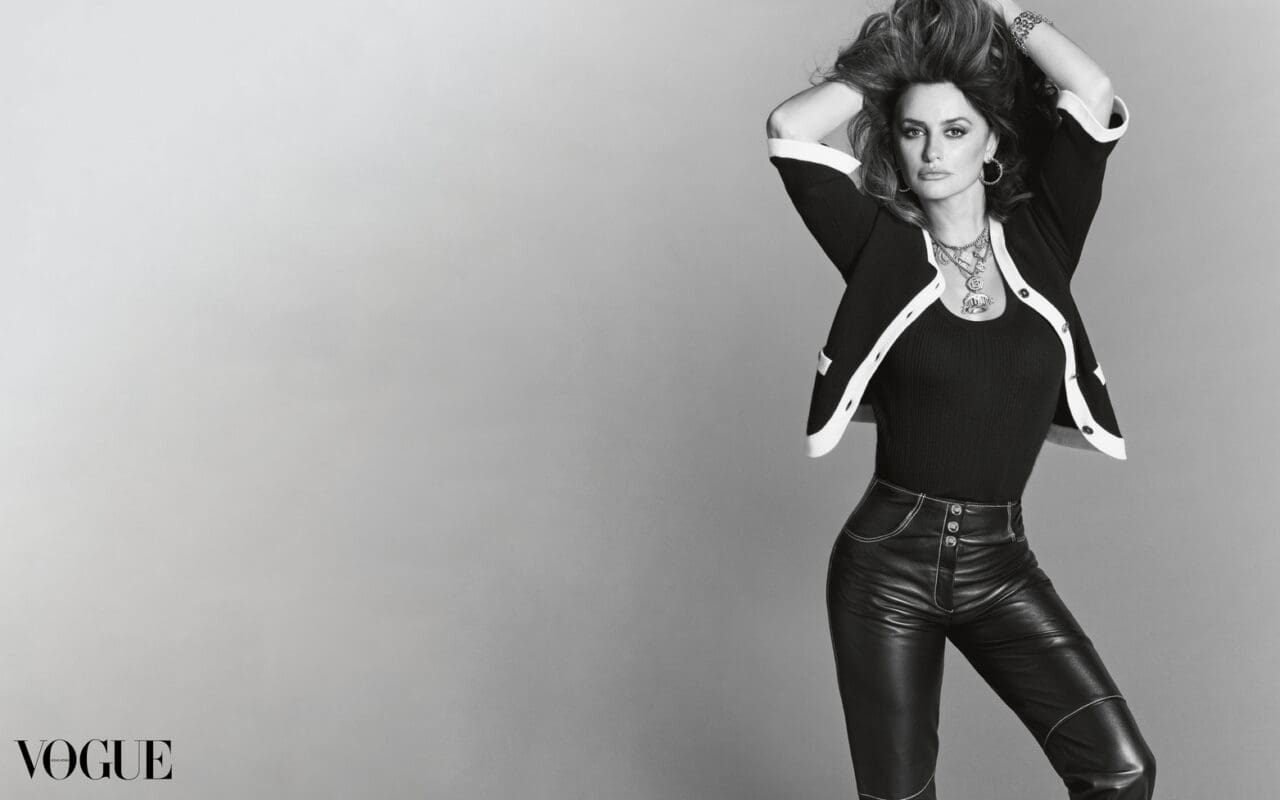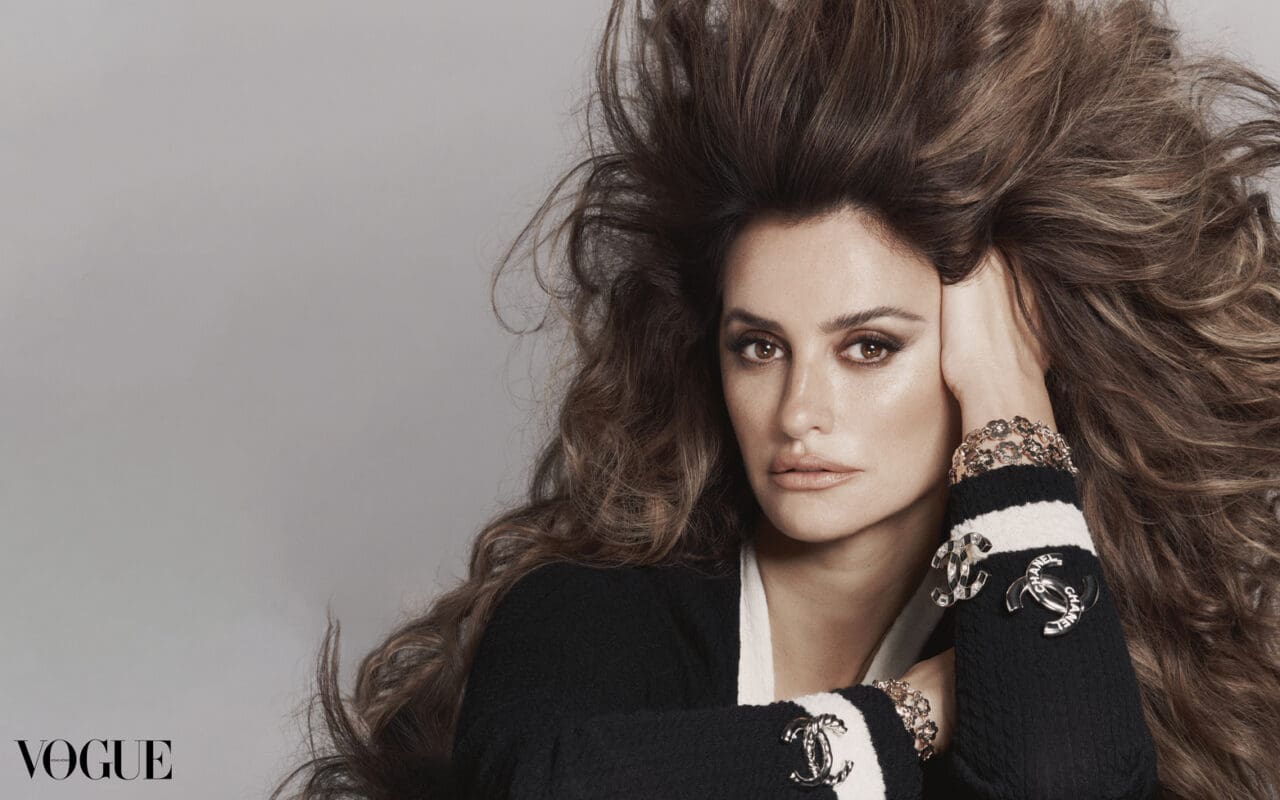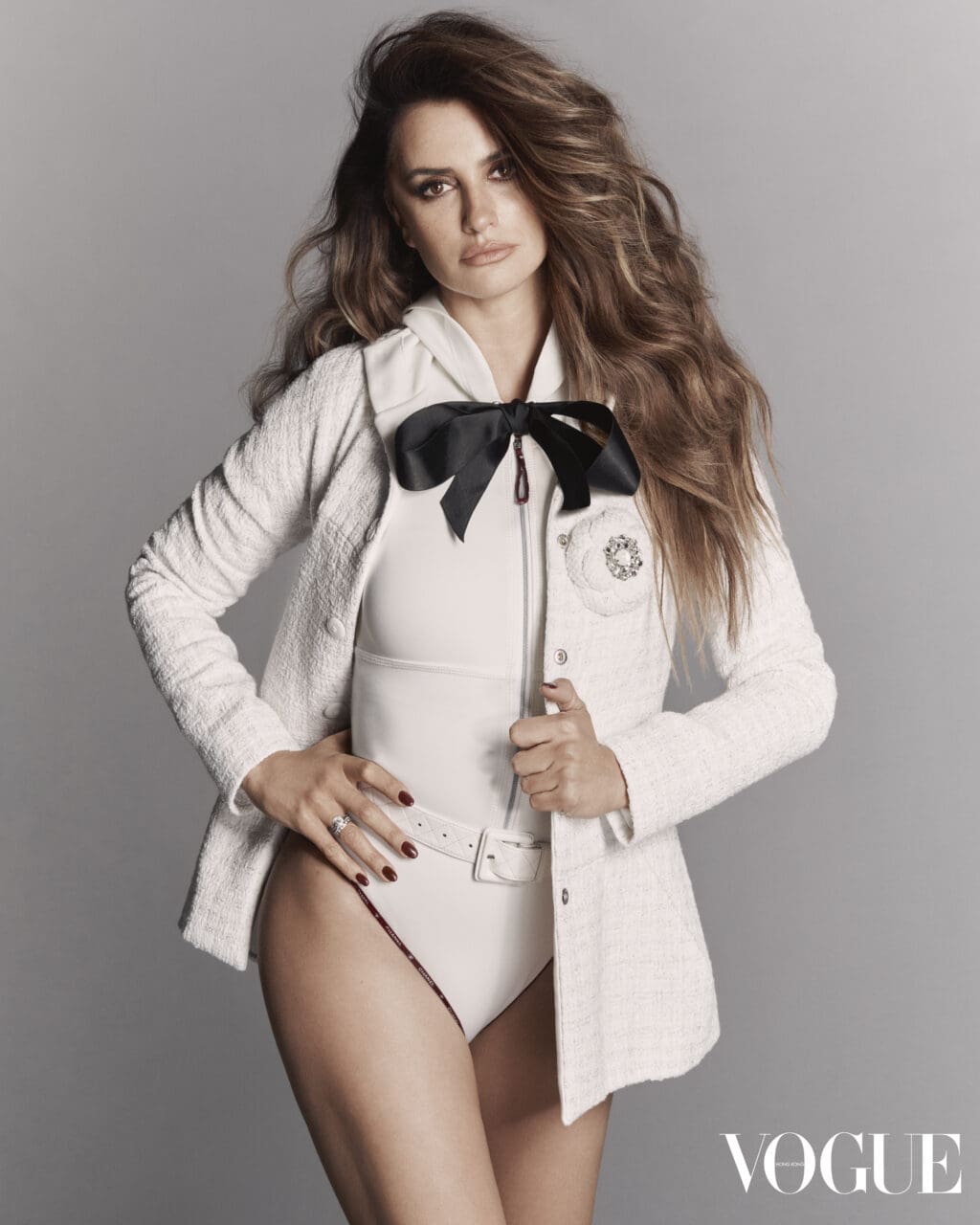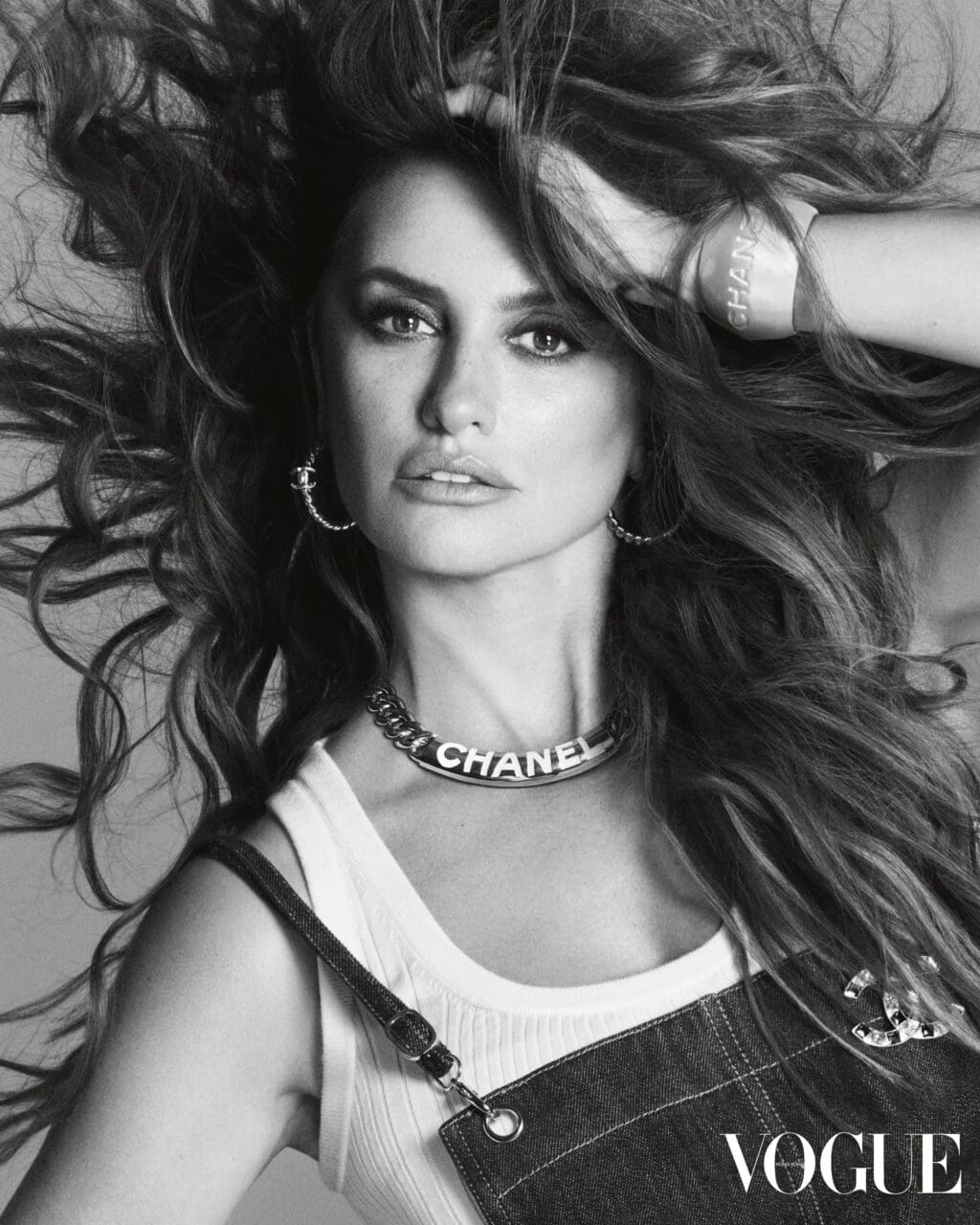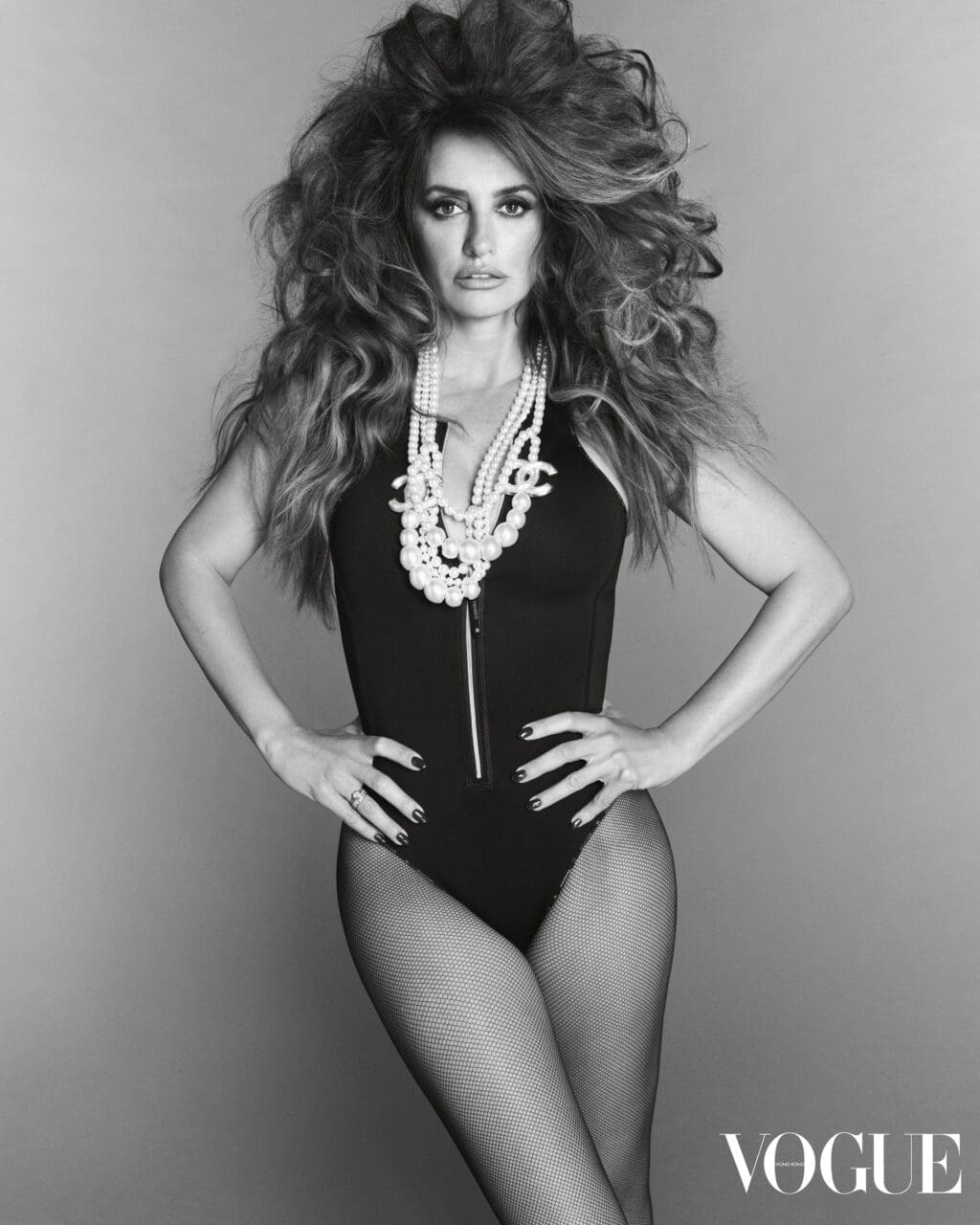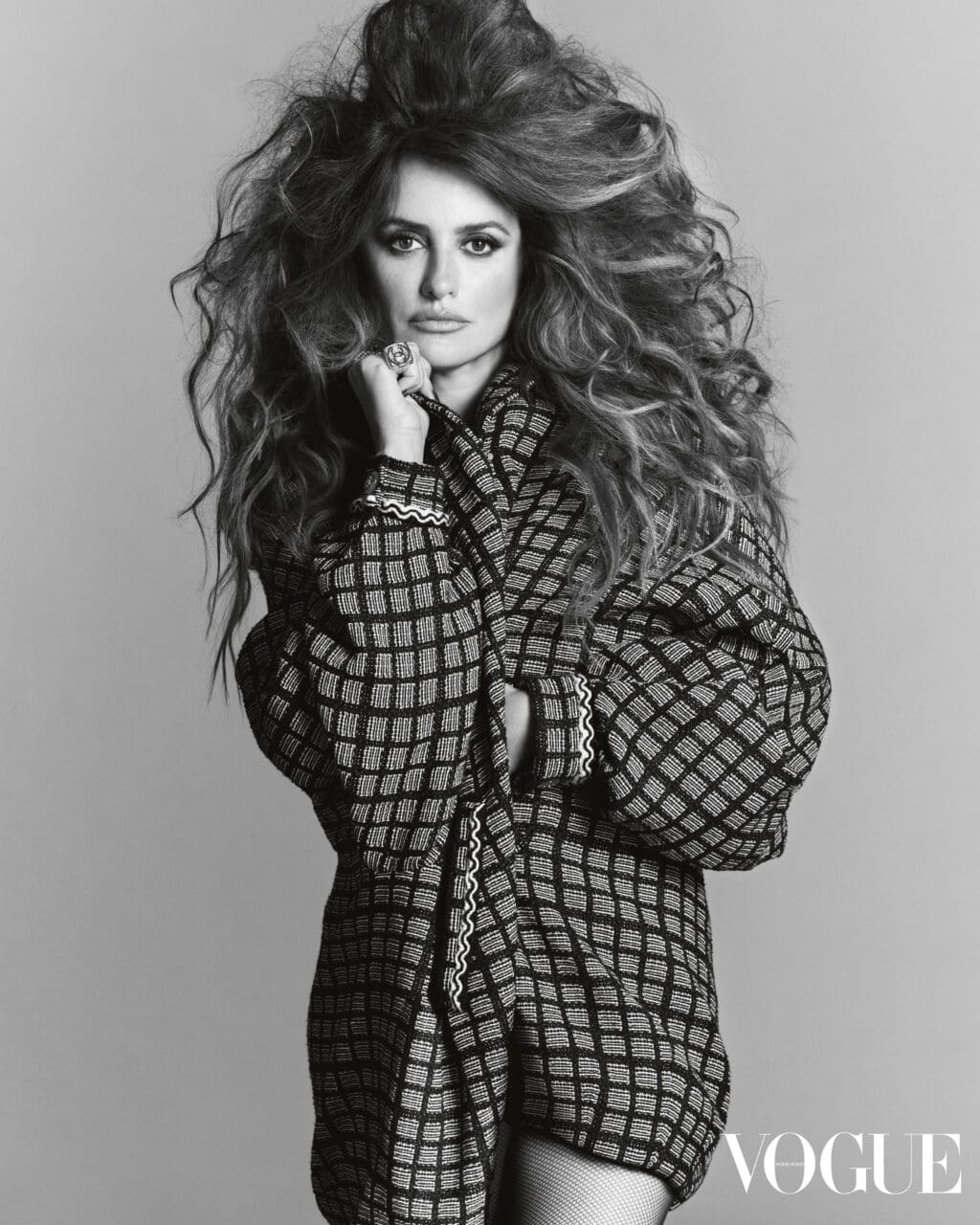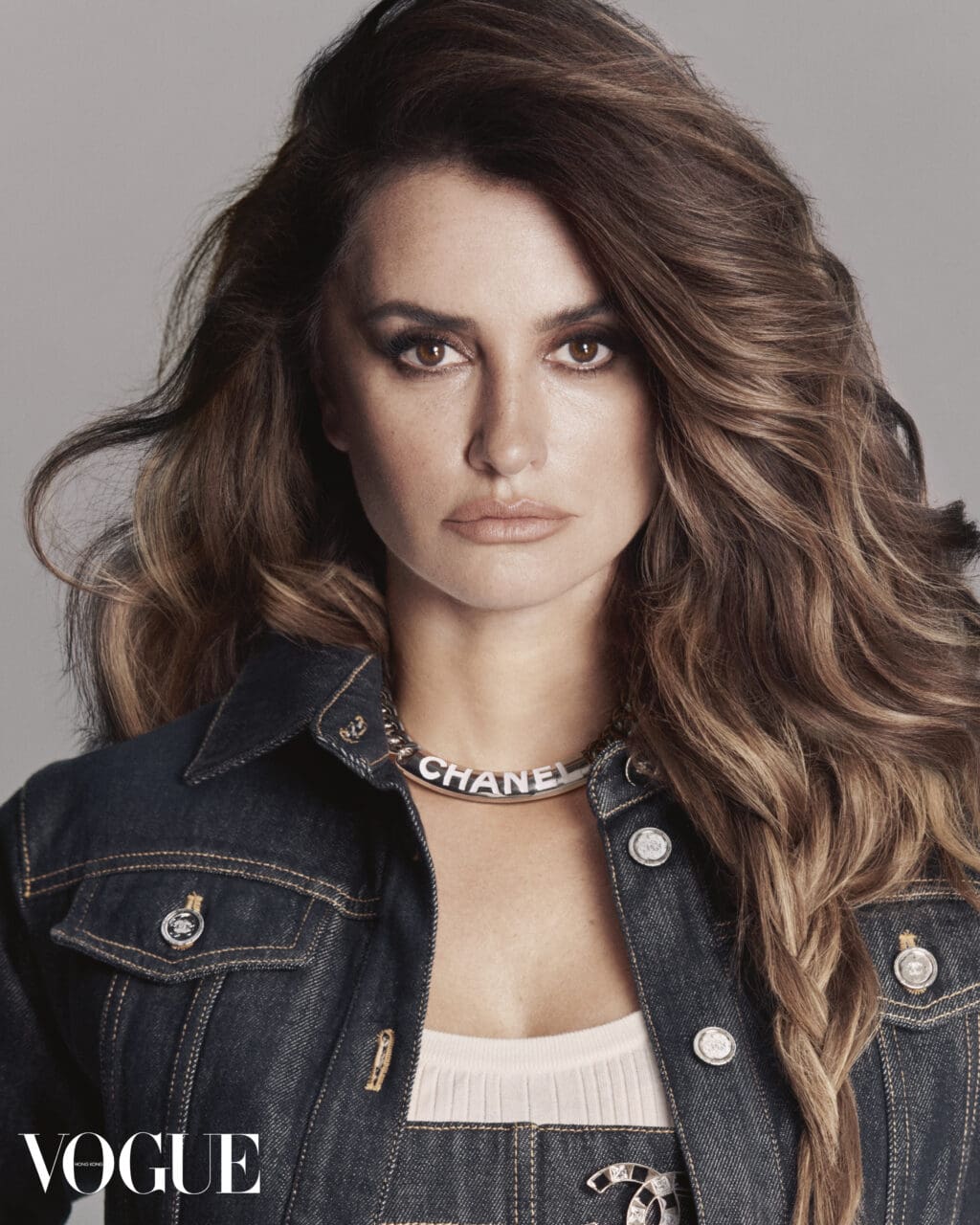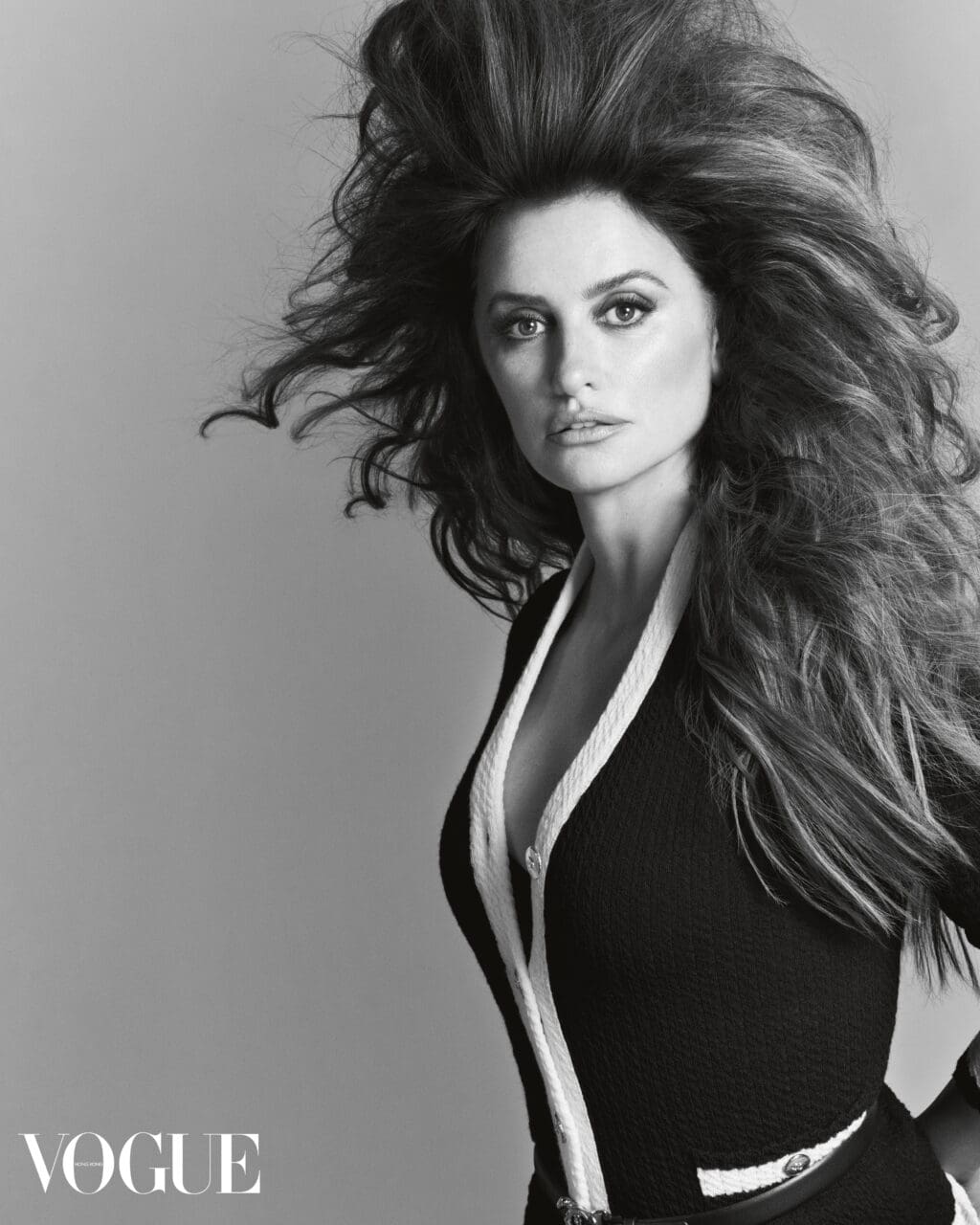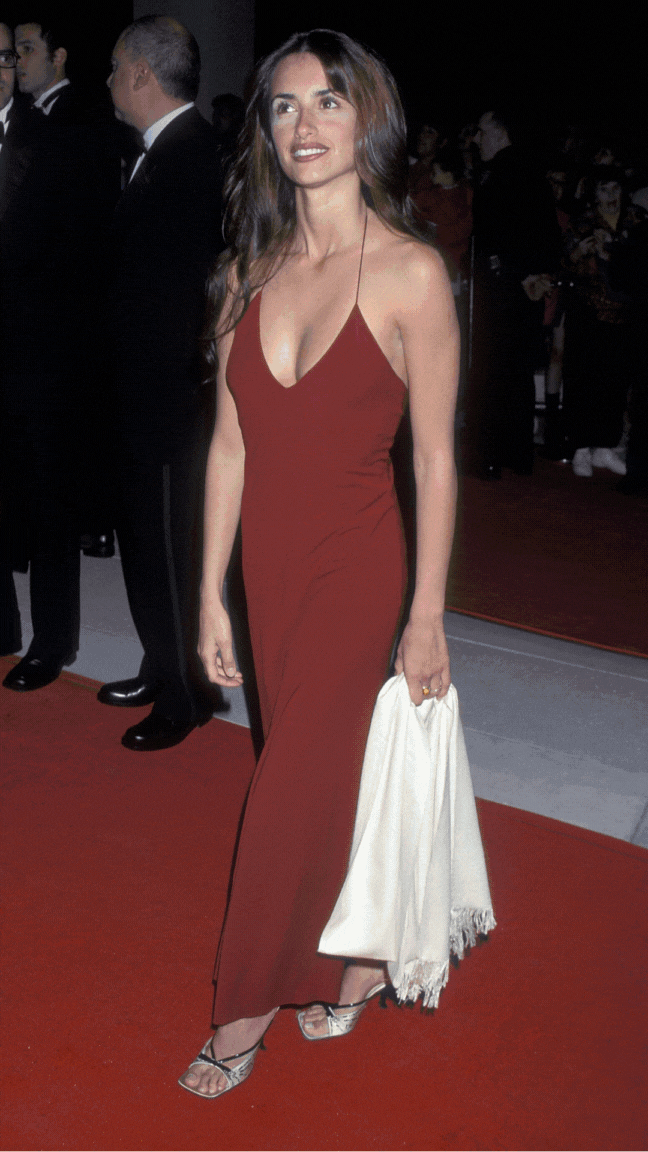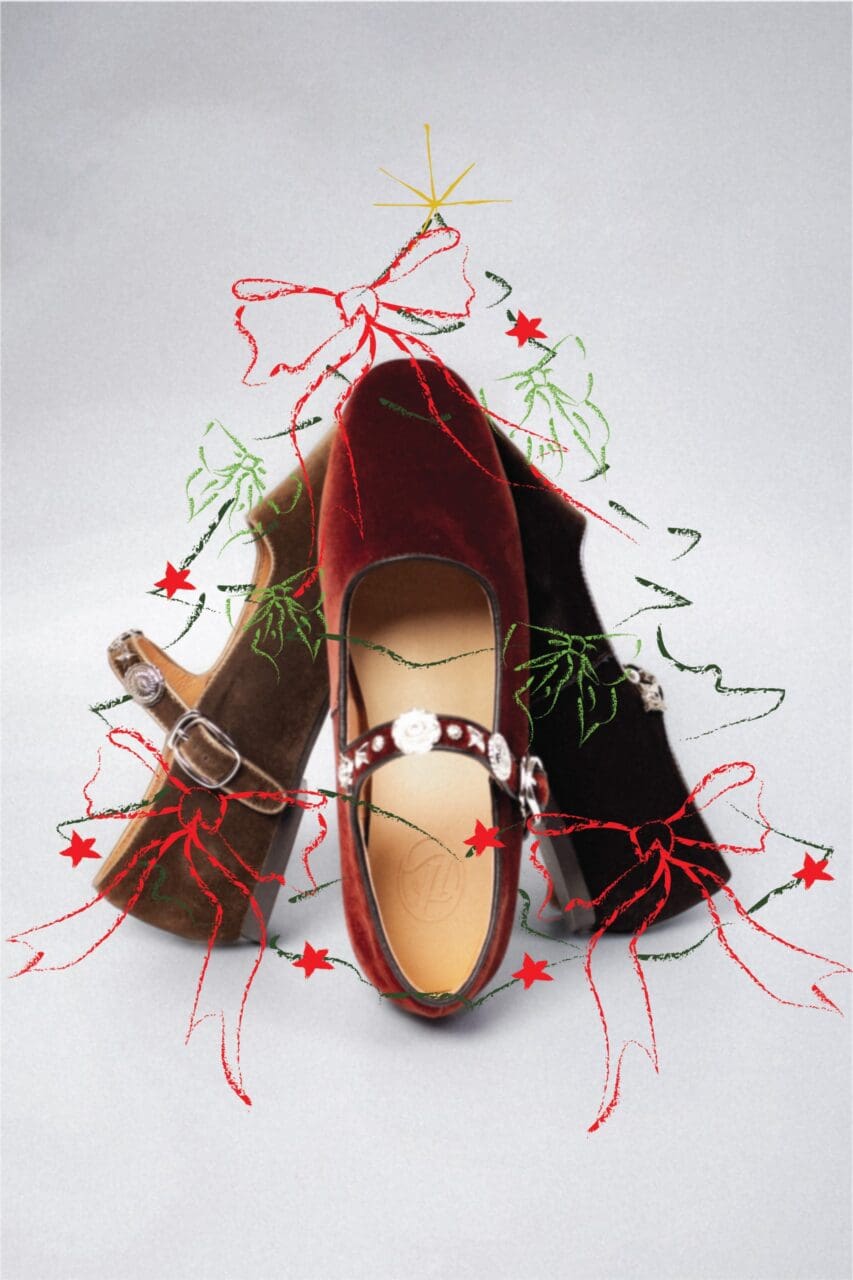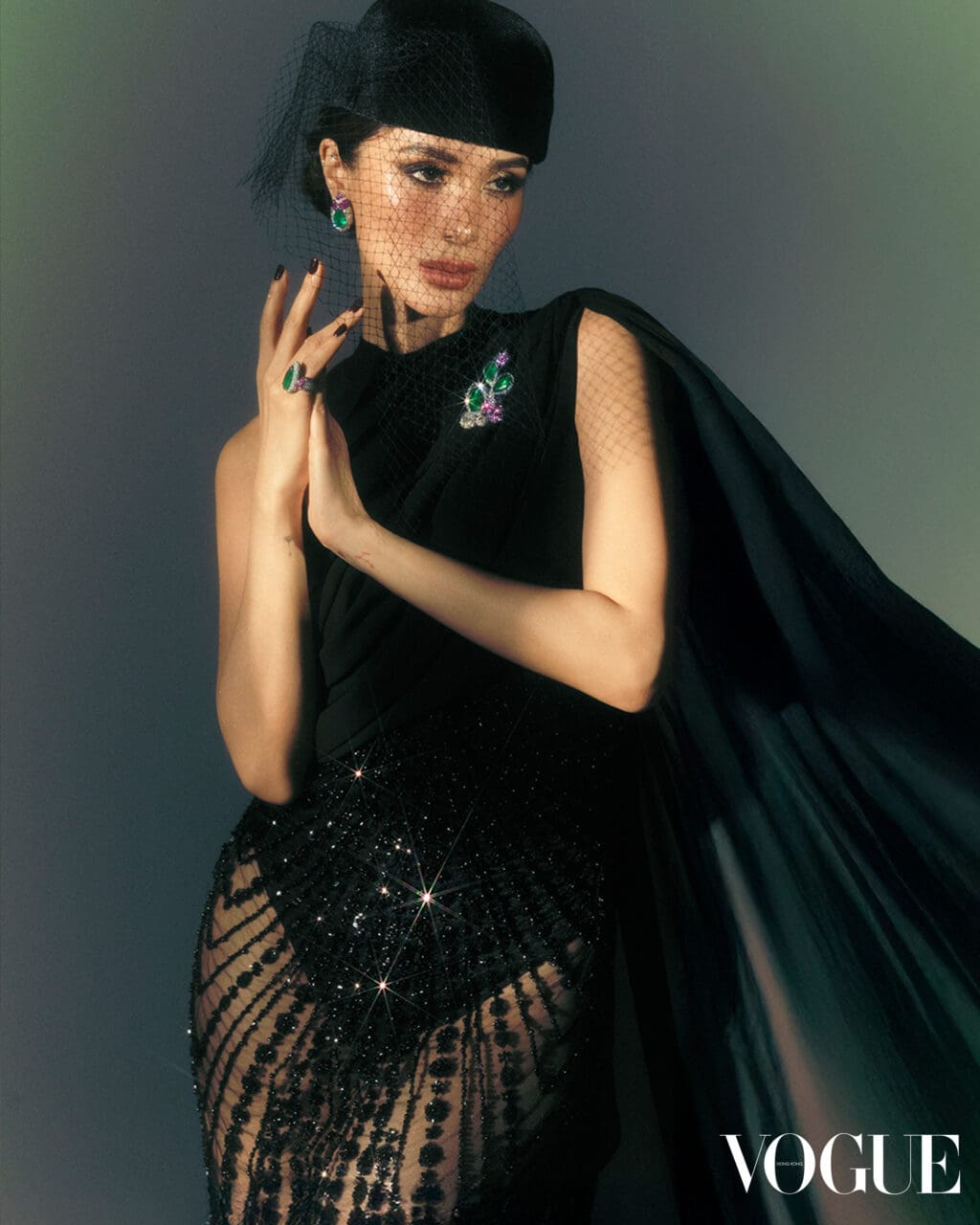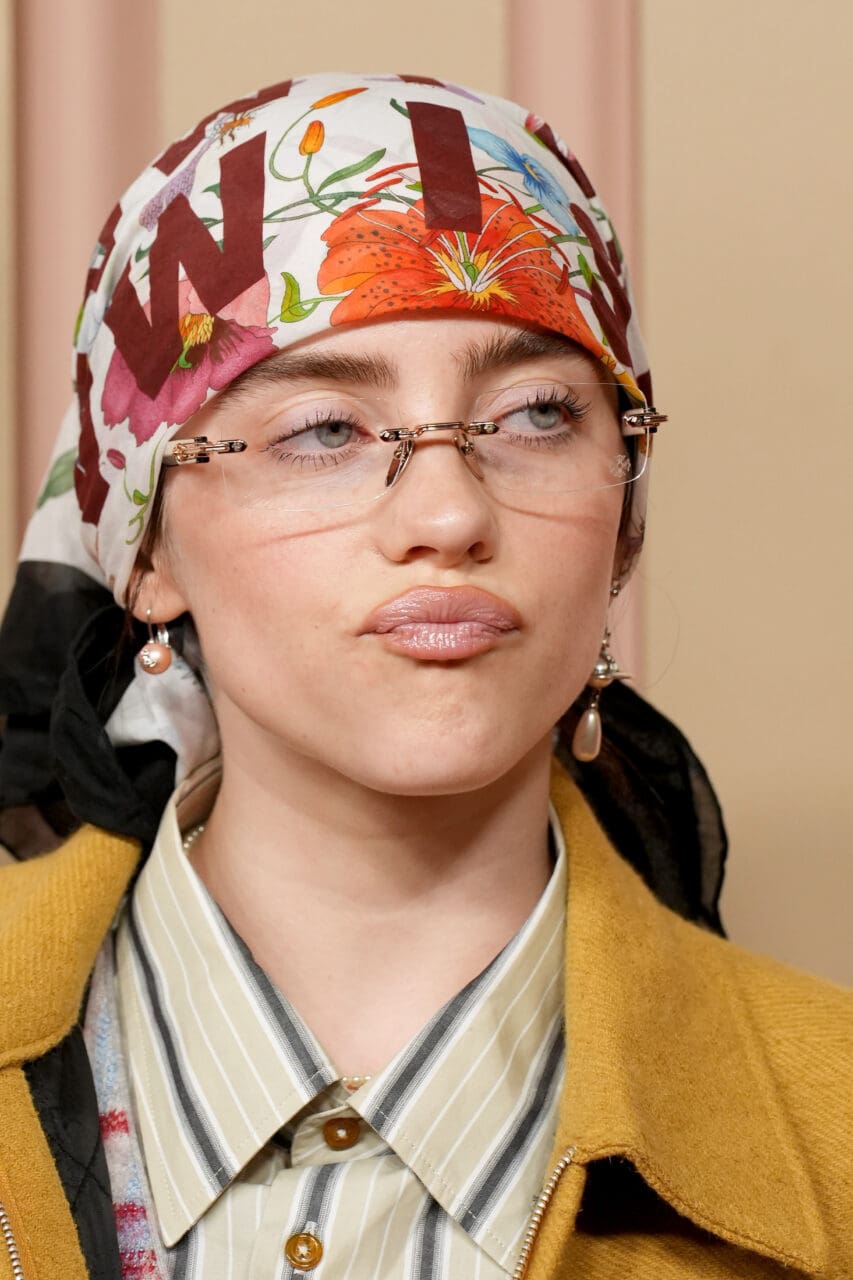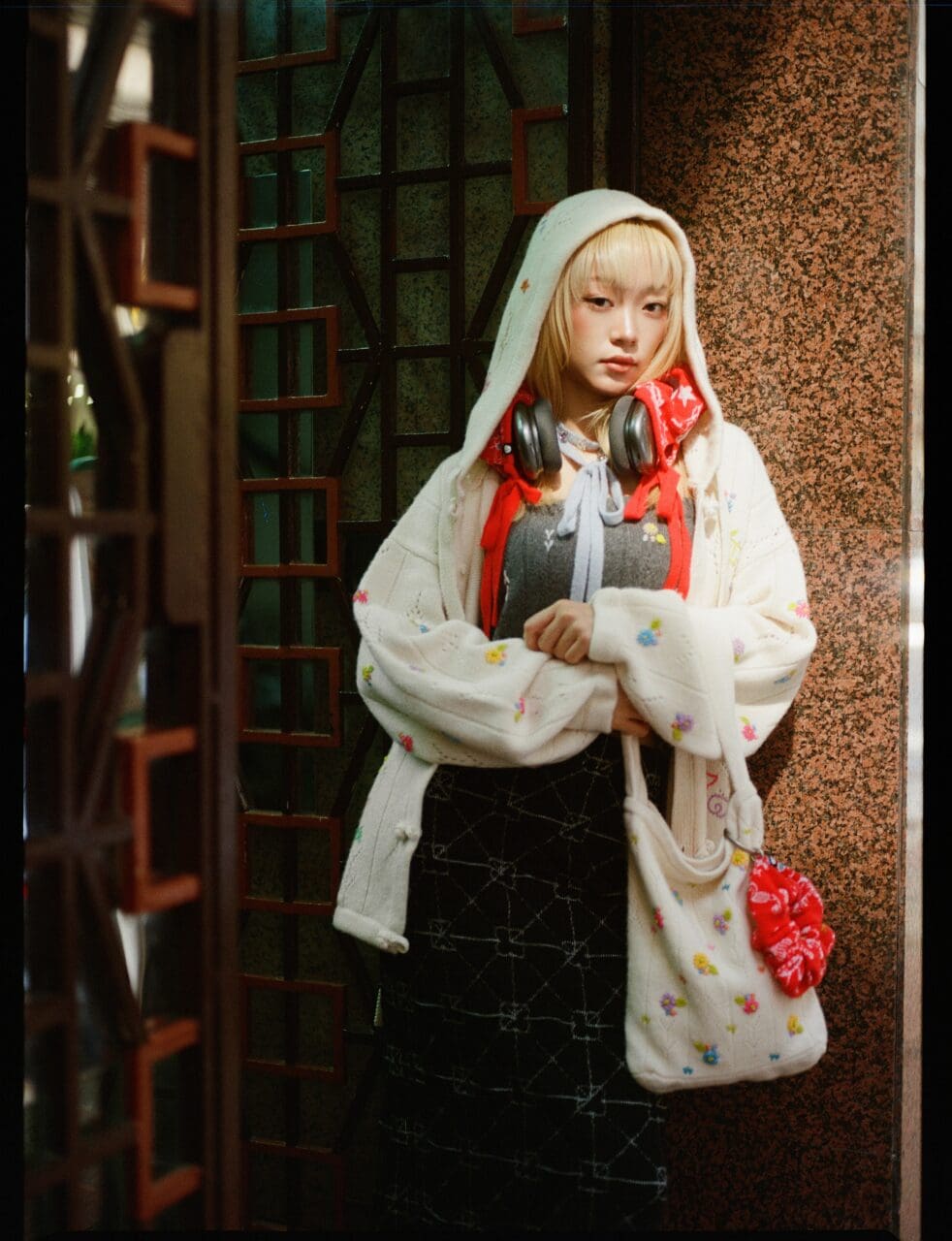Not all actors possess the ability to channel their own spirit while being in the shoes of others. Take Woody Allen’s 2008 film Vicky Cristina Barcelona, for example. It caters to the expectations of the American middle class, showcasing the exotic allure of Spain. In it, Penélope Cruz and her husband, Javier Bardem, portray a passionate couple teetering on the edge of love and madness, depicted almost as a dreamlike existence. Cruz’s emotional, self-destructive artist is the ultimate embodiment of fantasy. Upon closer inspection, she is the only character in the film who is authentic and able to confront her own feelings with honesty.
While all the other characters — whether it’s the free-spirited Vicky, the uptight Cristina, or the quintessential European lover Juan Antonio — exhibit rational and justifiable traits, the actors deliver performances that, while visually pleasing, feel formulaic and artificial. Only Cruz imbues her character with a raw authenticity, a sense of realness that emanates from her entire presence rather than just her performance. Her dreamlike quality is profoundly genuine, though also enigmatic. After all, isn’t reality often complex? It’s no coincidence that she became the first Spanish actress to win an Oscar for Best Supporting Actress; she is also one of the few who can effortlessly navigate between the nuances of Spanish cinema and Hollywood.
Cardigan, top, pants, earrings, chocker, necklaces and bracelet, all Chanel.
Yet Cruz is far from a supporting character. In her debut film Jamón Jamón (1992), she starred as the lead before she was even 20, playing a pregnant teenager nearly conquered by a wild ham vendor (played by her future husband, Javier Bardem). Her boldness and youthful vigour propelled her to fame. She had longed to collaborate with director Pedro Almodóvar, and after a brief appearance as a prostitute in Live Flesh (1997), she became his muse, leading to their incredible creations together.
In All About My Mother (1999), she plays a nun who not only is impregnated by her transgender lover but also contracts AIDS. Even in her early twenties, Cruz embodies a warm yet complex vulnerability. At the end of the film, as her dog Sapic runs into her arms while her father, now suffering from dementia, no longer recognises her, tears stream down her face as she smiles — encapsulating both sorrow and joy at once. We see this again in Vanilla Sky (2001), where she encounters a lost lover (played by Tom Cruise), bringing hope amidst sadness — a joy that offers a sense of redemption and uplift.
Vicky Cristina Barcelona revolves around the characters’ inability to find themselves, while Open Your Eyes (1997) and its Hollywood remake feature a protagonist unable to accept reality. In this series of films seemingly centred on “other people”, Cruz, though appearing as a supporting character, is actually the emotional core; the feelings of those around her revolve around her, and she breathes life into narratives that might otherwise feel unremarkable.
Then there’s Ferrari (2023). Michael Mann’s film, naturally focused on Ferrari and his brand, features Cruz in a role that demands attention. Stepping into middle age, she carries the marks and wisdom of time. As Ferrari’s first wife, she endures the pain of losing a child and her husband’s infidelity, yet she is no victim. With a keen awareness that surpasses Ferrari’s own, she emerges as a powerful force, navigating a withering relationship and salvaging a crumbling legacy. Mann grants her character the dignity she deserves, making Cruz the most human and moving presence in this predominantly male narrative. Once again, amidst the story’s chaos, she becomes a deeply relatable, flesh-and-blood figure, embodying the duality of vulnerability and resilience.
Jacket, swimsuit, belt, brooch and ring, all Chanel.
Cruz’s roles seem to reflect a woman’s growth. After All About My Mother, she reunited with Almodóvar in 2006, this time in a role that was not only more significant but also more complex. Volver dazzles with its layered narrative: Cruz’s character, a mother, grapples with her partner’s inappropriate thoughts about their daughter while confronting her own tumultuous past and complicated feelings for her mother. In her most challenging moments, she must summon the strength to protect her daughter, a tension that perhaps only women—or Almodóvar—can truly understand, and only Cruz can convey in a way that resonates with us. Almodóvar does not hold back in showcasing her beauty, allowing her to embrace her sensuality while expressing complex emotions. And she should be proud of that; it’s not vanity but instinct.
In Almodóvar’s masterpiece Broken Embraces (2009), Cruz showcases her most radiant and captivating self: an embodiment of innocence and maturity, alternating between the fervour of love and the agony of suffering. In an audition scene, Almodóvar transforms her into classic icons: sometimes, she channels Audrey Hepburn with her bangs, and other times, she evokes a fiery Marilyn Monroe (notably, behind her hangs a portrait of the authentically captivating Romy Schneider). Ultimately, though, Cruz can only be Cruz. After experimenting with various looks, the director quips, “No need to smile; that wig is fake enough.” What he seeks is authenticity — Almodóvar understands that Cruz’s truth and intuition surpass all else.
Top, jumpsuit, earrings, chocker, brooch and bangle, all Chanel.
THE INTERVIEW
“I never want to play the same character twice. I don’t want to play someone who is similar to myself. That is what we always want as actors, to explore different materials. The more challenging it is, the more happiness we find,” Penélope Cruz reflects, her words echoing the adventurous spirit that has defined her remarkable career.
From her early days as a bright-eyed starlet in Spanish cinema to her rise as an acclaimed international icon, Cruz has always been captivated by the delicate pas de deux between an actress and her character — a dance she has danced passionately for over two decades. “It is a very addictive feeling – the insecurity you feel when you are exploring a different life, a different soul, a different brain,” she says. With each role, she dives into emotional depths, embracing stories that resonate with the struggles and triumphs of women. Her zeal for exploring these narratives reveals not just her talent, but a profound curiosity about the human condition, fostering a sense of compassion and understanding that resonates deeply with anyone who has seen her act.
You’ve had a long and successful collaboration with director Pedro Almodóvar. How has your creative partnership evolved since your first film together?
It is interesting because I can say that in the first five minutes I spent with him, the future of our relationship was all already there. I could see it in our connection, I knew he was going to be someone really important. It became very important from that first second. Our relationship keeps growing and growing. I still get nervous when I work with him because I respect him greatly. The more I know him, the more I love him, and the more I respect him. He takes the work very seriously. It always feels like he will give his life for the film he is doing at each moment. He is one of the few artisans that are left in this world who are looking at the profession in that way, where every detail is important. He is really a true master. I am really lucky to have him in my life, he is like family to me. I hope we get to make many more movies together.
With your years of experience, how do you decide what stories to take on? What clicks when you read a script or a pitch?
We read a lot of scripts and a lot of books. I look to be moved by things. I look for things that make you uncomfortable when you read them because they will most likely re-start an important debate in society; or they are important to Laura and I and make us feel moved. Also, a genre that is very hard to find but that I love very much is comedy and romantic comedy. I want to find smart comedies. That is something I am always looking for. I have done comedy, drama, and musicals, but mostly I have done drama — very dramatic drama. I also love melodrama. When it is good, it can be great. I don’t do horror films, that is something that I haven’t explored because I am not a good audience for that. We are open to all genres of film, it just has to be something that moves us inside.
You’ve played well-known public figures like Laura Ferrari in “Ferrari” and Donatella Versace in “American Crime Story: The Assassination of Gianni Versace”. If someone made a biographical film about Penelope Cruz, who would you envision playing you on screen? What experiences or moments in your life would you want highlighted in the biopic?
I never thought about that, a biopic about my life! It would be weird for me to think about that. Maybe when I’m 80 or 90, I could think about it. It is true that many things have happened to me, many other things that only my family or close friends know. Actually, this is the first time someone has asked me that, and I think it is a question I cannot answer until I am much much older.
You share a close bond with CHANEL and even forged friendships with its seamstresses behind the scenes. How would you describe the essence or “spirit” of CHANEL? What qualities do you believe make the brand unique, and how do these inspirations that the design has evoked, resonate with your own experiences in the fashion and film industries?
My relationship with fashion, mainly as a fashion fan, started in my early years. I remember looking at CHANEL designs from Coco Chanel and Karl Lagerfeld when I was growing up and feeling like what they had created with the brand was amazing. The feeling they have created with one logo — only the CC before you even see the name — is incomparable. Not many brands have achieved that or have that many roots.
I feel very lucky to have been a part of the brand for so long. My first show was in 1999 or 2000. That is when I met many of the people who are still working at CHANEL today. That says a lot about the brand. They are a big family. When I see the seamstress the day before a show, and maybe they haven’t slept, they treat that dress like their own baby. It is a work of art, things that are still done by people’s hands with that much attention to detail. I really appreciate the work not only of the designers but all the seamstresses and everyone involved.
My grandmother taught me to sew and crochet with a lot of patience and time. It was like my meditation when I was little doing that with her. She created some things for me and spent so much time creating one piece. She would make things entirely by hand, taking a couple of months, so many hours every day. It is such a beautiful craft. When I visited 19M, it was emotional because I remember all those moments with my grandmother when she taught me how to sew and appreciate that art.
Over two decades into your career, what does true success mean to you? Has the definition of success changed for you through the years?
The definition of success has nothing to do with fame. If you ask me if I feel successful, the bigger measurement would be the fact that after working so hard for so many years, once I became a mother, I was able to really choose my projects, including the when and where, so that I don’t have to be separated from my children. When I would make four movies a year for so long, which I was very lucky to have been able to do, now when I look back at the crazy rhythm I maintained for so many years from when I was a teenager until I turned 37 and up till the moment I had my first child, I really value the way that paid off in terms of being able to choose my projects because that also affects the logistics for my family. My main priority is my children and being with them. The fact that I can choose is a big blessing. Having a job that you like, that can feed you, and that you can live from, and doing something that you love, I am very aware of that privilege. I didn’t grow up having anything extra, just what we needed to be able to eat, have a house, and go to school. I had two pairs of shoes in the year that I really took care of, two in the winter and two in the summer, I looked at them like huge treasures. I will always remember that and the effort my parents had to make to give us everything we had. Not to forget that is very important for me.
What is the best advice you’ve ever received, and who was it from?
I take amazing advice from my mother every day. One being, when you think you know everything that someone is going to say there will always be surprises. Her advice is very wise. Also, Almodovar is always unpredictable in terms of what is he is going to say. I have a lot of good friends and family in my life that I can count on for advice.
Photography: Luigi & Iango
Styling: Michael Philouze
Creative Producer: Marina Fairfax
Executive Producer: Ana Ramirez
Makeup Artist: Georgi Sandev@Forward Artists
Hair Stylists: Lorenzo Barcella@Julian Watson Agency
& Pablo Iglesias@NS Management
Manicurist: Lucero Hurtado
Photography Assistants: Fabio Affuso, Alejandro Vaquero &Pedro Urech
Hair Stylist Assistant: Domenico Papa@Julian Watson Agency
Stylist Assitant: Anaïs Moreno
Retoucher: Francisco Betancourt
Production: Alana Company
Location: Larra Studio
Editor
Kaitlyn Lai, Kiki Fung
